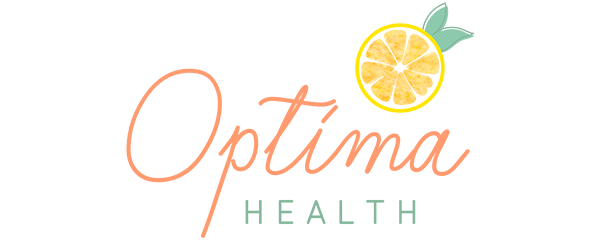
If I had one word to sum up an answer to this question, the answer would be NO, (its not ‘healthier’).
As a healthcare practitioner, I would only recommend you eat this way if you have a legitimate reason to avoid gluten, such as coeliac disease or other bowel/gut related conditions. However, in saying that, nutrition is highly individualistic and I would always listen to the case at hand, should you choose to present it. There are so many determining factors that change between person to person. What may work for one person, may not work for your best friend or the person sitting opposite you on the train.
What is gluten anyway? Gluten is a protein composite that acts like the ‘glue’ in many carbohydrate-based foods. It is what keeps the food as ‘one’. Hence, you see many gluten free products that are crumbly in nature and don’t hold their shape etc.
To get a little more scientific, gluten is a protein (comprised of gliadin and glutenin) which is predominant in all forms of wheat; inclusive of durum wheat, semolina, spelt, rye, barley and other related grain hybrids such as kamut and triticale.
While a gluten free diet has a place in society and is an absolutely must in some people, it is not for everyone and by following it without guidance from a health practitioner, you could be at risk of nutritional inadequacy. Many of the commercial gluten-free products available in our supermarkets are not healthy and are lacking in protein and other nutrients. Hence, a gluten free diet can lack in certain minerals and nutrients, if not supplemented correctly. Breads, cookies, cakes, cereals, muesli bars…anything of this nature are often found to be made of poor quality gluten-free flours that offer little to no nutritional benefit and are often laden with salt and sugar to add to the palatability of the product. If you are gluten free, I would recommend sticking to wholefood gluten free products that have been exposed to limited processing such as quinoa, buckwheat, teff, millet, brown rice and amaranth, all of which offer good amounts of protein and nutrients.
Its also important to note that if you’re trying to lose weight, going gluten free won’t necessarily help. It is important to note that gluten-free foods does not mean the same as low-carbohydrate foods.
A true gluten-free diet requires a lot of care and planning to maintain it. Cross contamination can easily occur and for those coeliacs who are super sensitive to even the tiniest trace of gluten, they need to use separate cooking utensils and appliances to avoid a flare up of symptoms.
Lastly, I would always recommend you discuss your gluten-free diet with your healthcare practitioner to ensure you are still meeting all dietary targets and are not at risk of nutritional deficiency.
